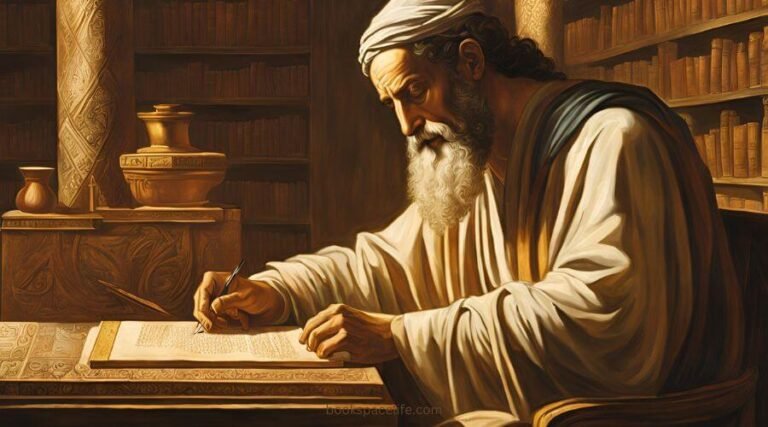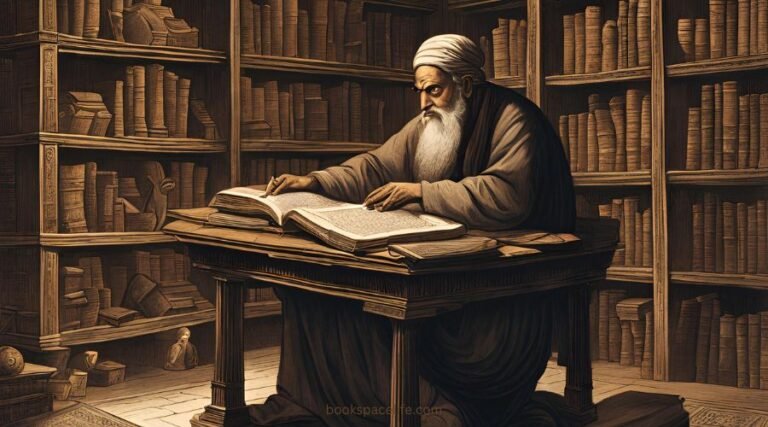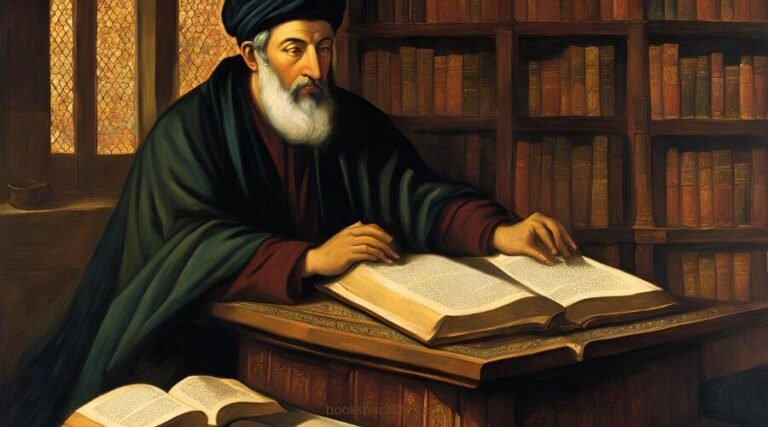
Jonathan Edwards (1703 – 1758 CE)
Jonathan Edwards : The Theological and Philosophical Visionary of the Great Awakening

Jonathan Edwards : The Theological and Philosophical Visionary of the Great Awakening

John Henry Newman : The Bridge Between Faith and Reason

Søren Kierkegaard : The Father of Existentialism

Søren Kierkegaard : The Father of Existentialism

G.K. Chesterton: The Prince of Paradox and Champion of Christian Thought

Pierre Teilhard de Chardin : The Philosopher Who Bridged Faith and Science

Philo of Alexandria is widely regarded for his attempt to harmonize Jewish theology with Greek philosophy, making him a pivotal figure in the development of religious thought, particularly within Judaism and, subsequently, early Christianity.

Isaac Israeli ben Solomon (832 CE to 932 CE), often referred to as Isaac Israeli or simply Isaac the Jew, was a prominent Jewish philosopher, scientist, and physician of the 9th and 10th centuries.

Living during a formative period for Jewish intellectual life, Saadia pioneered efforts to synthesize Jewish theology with philosophical reasoning, creating a foundation for rationalist approaches within Judaism.

Judah Halevi (1075–1141 CE), a renowned Jewish philosopher, poet, and physician, is considered one of the most significant figures in medieval Jewish thought.
Born during a time when the Jewish community flourished under Muslim rule in Spain, Halevi's intellectual legacy continues to influence Jewish philosophy and literature today.

Abraham Ibn Ezra (1089–1164 CE) was a Spanish-Jewish poet, philosopher, astronomer, and biblical commentators.
His works cover a range of fields from biblical exegesis and grammar to philosophy, astronomy, and mathematics.

His life spanned turbulent times, including the political and religious upheavals of the medieval Jewish diaspora, and his work continues to have a profound influence on Jewish thought, philosophy, and even the development of Western philosophy.